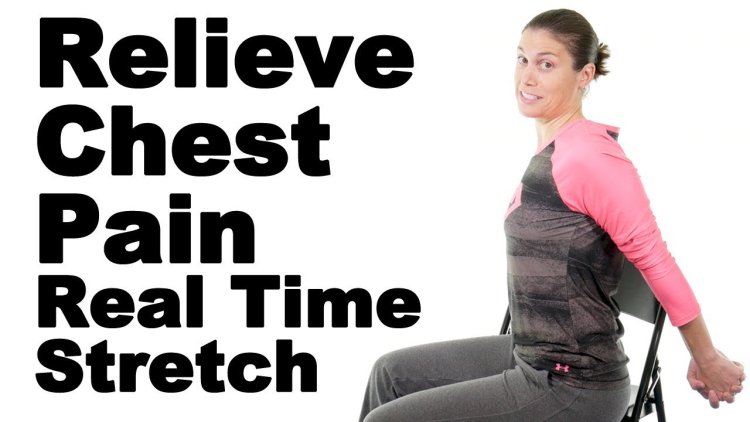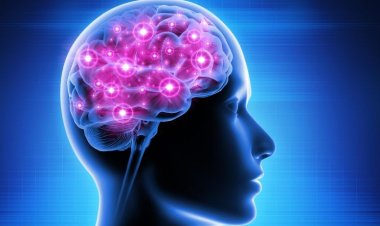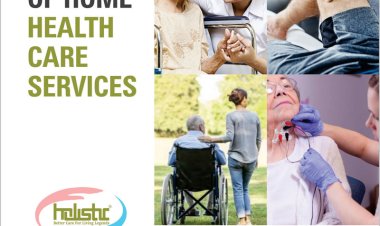Can I Treat Chest Pain at Home?

Many things can cause chest pain or discomfort. Some aren’t life-threatening, including:
- Gas
- Acid reflux
- Heartburn
- A bad cough
But chest pain can also be a sign of a heart attack or another heart problem. Angina is chest pain, usually short-lived and often relieved by rest, that happens because the heart isn’t getting enough oxygen. The pain is usually in the chest and may also be felt in the shoulder, arm, or jaw.
The treatment for angina depends on the severity of the symptoms and the results of tests that are done to find the cause. If your doctor has diagnosed you with angina, follow their recommendations. This may mean rest and medication. It may include a visit to the hospital emergency room.
If you’re unsure of the cause of the chest pain or if you have any other symptoms of a heart attack, don’t wait! Immediate help is your best chance for survival if you are having a heart attack or other serious problem.
Call 911 immediately if you have:
- Chest pain from an unknown cause. It might feel like tightness, pressure, fullness, or squeezing. It may last more than a few minutes, or go away and come back.
- Pain or discomfort in one or both of your arms, shoulders, neck, jaw, or stomach
- Cold sweat
- Nausea
- Feeling lightheaded or faint
- Shortness of breath
- Upper back pressure
- Extreme tiredness that may last for days. Simple tasks, like making the bed or walking to the bathroom, might wear you out.
- Fast or irregular heart beats
- A feeling of fullness, indigestion, or choking that feels like heartburn
While you wait for help, stop doing whatever it is that causes your symptoms and remain calm. Also:
- Lie down in a comfortable position with your head up.
- If you have regular adult aspirin, chew one (as long as you are not allergic to aspirin). Chewing more than one will not do any good and may cause unwanted side effects.
Also keep in mind that heart attack signs are different from person to person. Anyone can have chest pain during a heart attack. It’s the most common symptom of a heart attack. But women, older people, and those with diabetes can have other symptoms. Or they might not even have any










